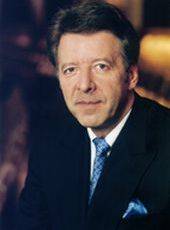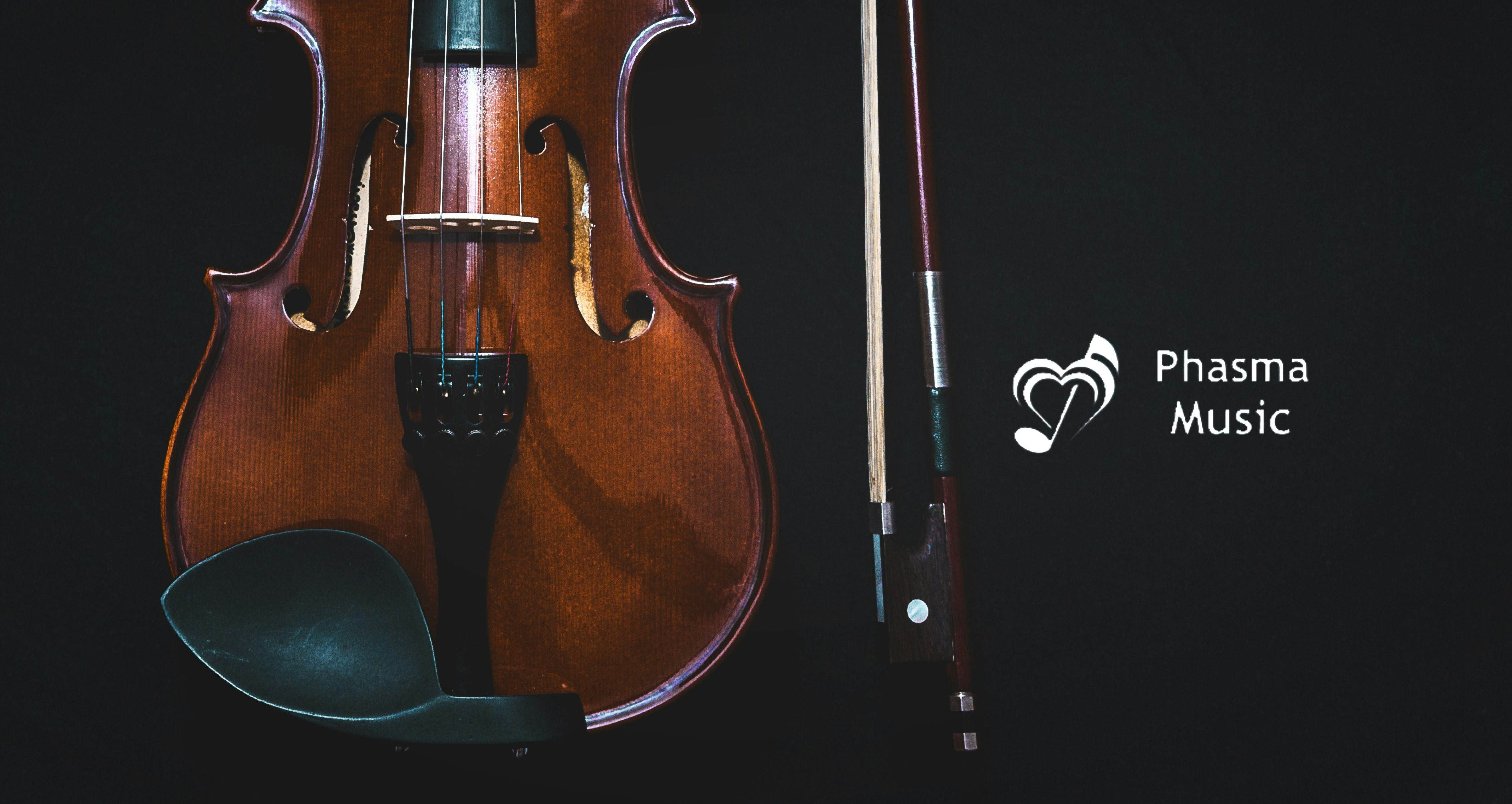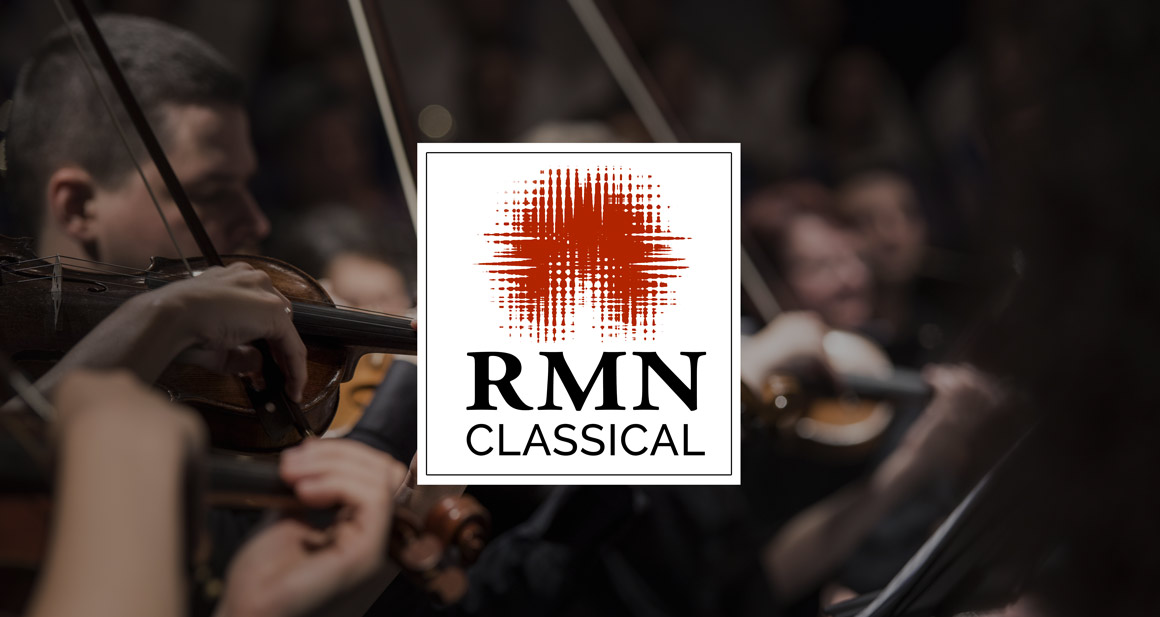
UE composers of DKV
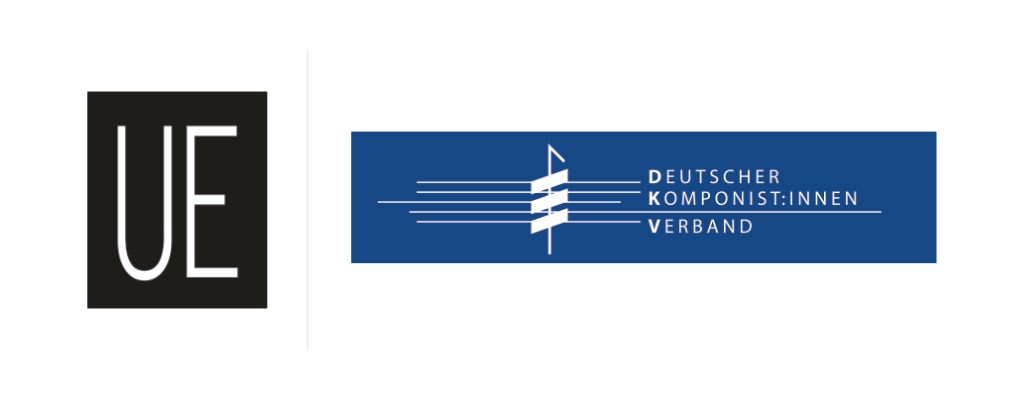
UE and the German Composers' Association
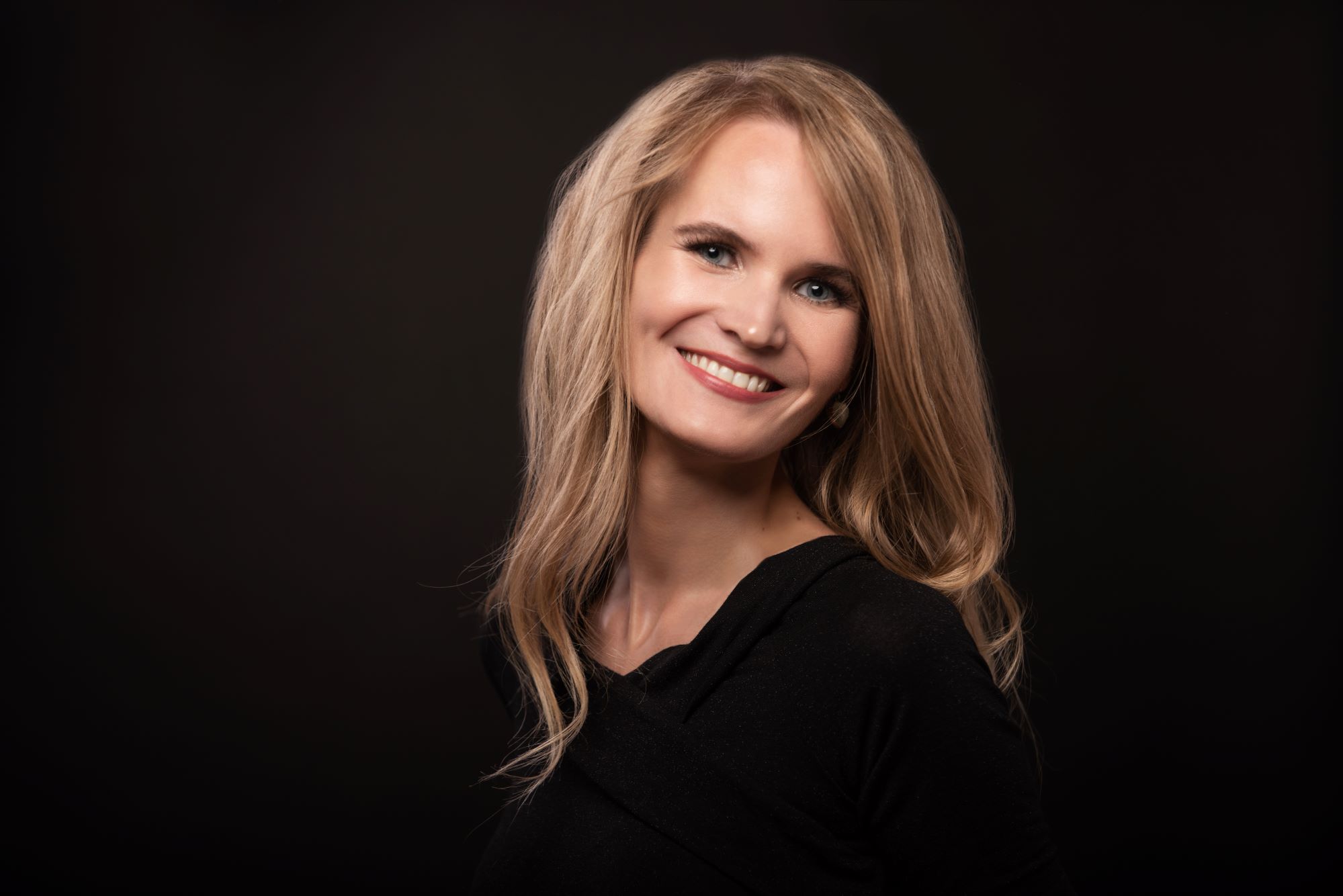
Barbara Mayer
Barbara Mayer is a German composer, pianist and musicologist. She revels in playing the works of seldom-performed composers (particularly from those dating from 19th century onwards) and is passionate about interdisciplinary projects and improvisations in a variety of styles.
The Jury of the Artists’ Award for Composition of the City of Augsburg describes her compositional language in the following statement:
Barbara Mayer shows an astounding professionalism in her compositions, and proves to have the necessary confidence to sucessfully navigate the current state of affairs in composition. She effortlessly combines structural clarity with a wide range of subtle tonalities, creating great atmospheric density as well as intense, sensuous sound experiences. In her work she succeds in reconciling elements percieved as irreconciliable, and bridges the gaps between styles and genres, bursting with ideas and expressivity. Her eagerness to experiment shows her outstanding talent to integrate non-musical methods and elements. We foresee a sensational artistic career ahead of her.
Barbara Mayer studied composition and piano at Mozarteum Salzburg and Anton-Bruckner-Universität Linz with renowned Professors such as Adriana Hölszky, Cordelia Höfer-Teutsch and Margit Haider-Dechant. Barbara attended the Escola Superior de Música in Lisbon with an OEAD scholarship. She undertook musicological research abroad at the Instituto Moreira Salles in Rio with the support of the Austrian Ministry for Culture and attended the Bayreuth Festival with an International Richard Wagner Foundation scholarship.
Her current composition projects are supported by the Free State of Bavaria (scholarship programme “Young art and new paths”) and the “Neustart Kultur” programme of the German Music Council.
Barbara has since continued her artistic development through numerous masterclasses, taught by highly acclaimed artists such as Anatol Ugorsky, Alexander Jenner, Filippo Faes and Roger Muraro.
After completing her Master studies with the highest honours, Barbara has recently received her PhD in Musicology on the Brazilian composer Hekel Tavares at Mozarteum with an outstanding final grade.
For her concert recording of one of her latest composition/improvisation projects The poetry of sand, she was awarded with First Prizes in the Virtuoso International Music Awards (London) and the International Swiss Music Competition, Lugano (2024).
Moreover, Barbara Mayer has received the following awards to date:
- First prize (Piano, Contemporary Music) and Career Project Prize in the International Swiss Music Competition, Lugano (2024)
- Absolute first prize (Piano) in the Fanny Mendelssohn International Music Competition, Brussels (2022/23)
- Third prize (Contemporary Music) in the American Virtuoso International Music Competition (New York), associated with a piano recital with her own compositions in Carnegie Hall (organized by the American Society of Musical Excellence) (2022/23)
- First female winner of the Young Artists’ Award for Composition of the City of Augsburg in their 50 years of history
- Laureate in the String Quartet Composition Competition launched by the Ligeti Quartet, London
- Multiple first prize winner in the Ibla Grand Prize World Music Competition, Ragusa/New York both in Piano and Composition sections, and
- Special Distinction for her interpretation of her composition "Rigoletto im Spiegelland" receiving personal congratulations from Maestro Marcello Abbado.
Her numerous concerts, musicological activities and commissioned works further highlight her excellence in her musical career, having composed for/performed with the Augsburg Philharmonics, the Summer Academy Prachatice in the Czech Republic, the Ligeti Quartet in London, the OENM (Austrian Ensemble for Contemporary Music), the Ensemble Flex (Australia), the Lamont Trio (USA) and the Pelgrim Trio (the Netherlands). Barbara Mayer`s compositions are distributed by the renowned publisher “Universaledition” in Vienna.
Her works have been performed across various countries, including Austria, Australia, Germany, France, Finland, Italy, the Netherlands, Portugal, Czech Republic, Switzerland, Brazil and the USA.
Some performance highlights include prestigious venues, such as the Mozarteum Wiener Saal, the Gasteig in Munich and New York's Carnegie Hall.
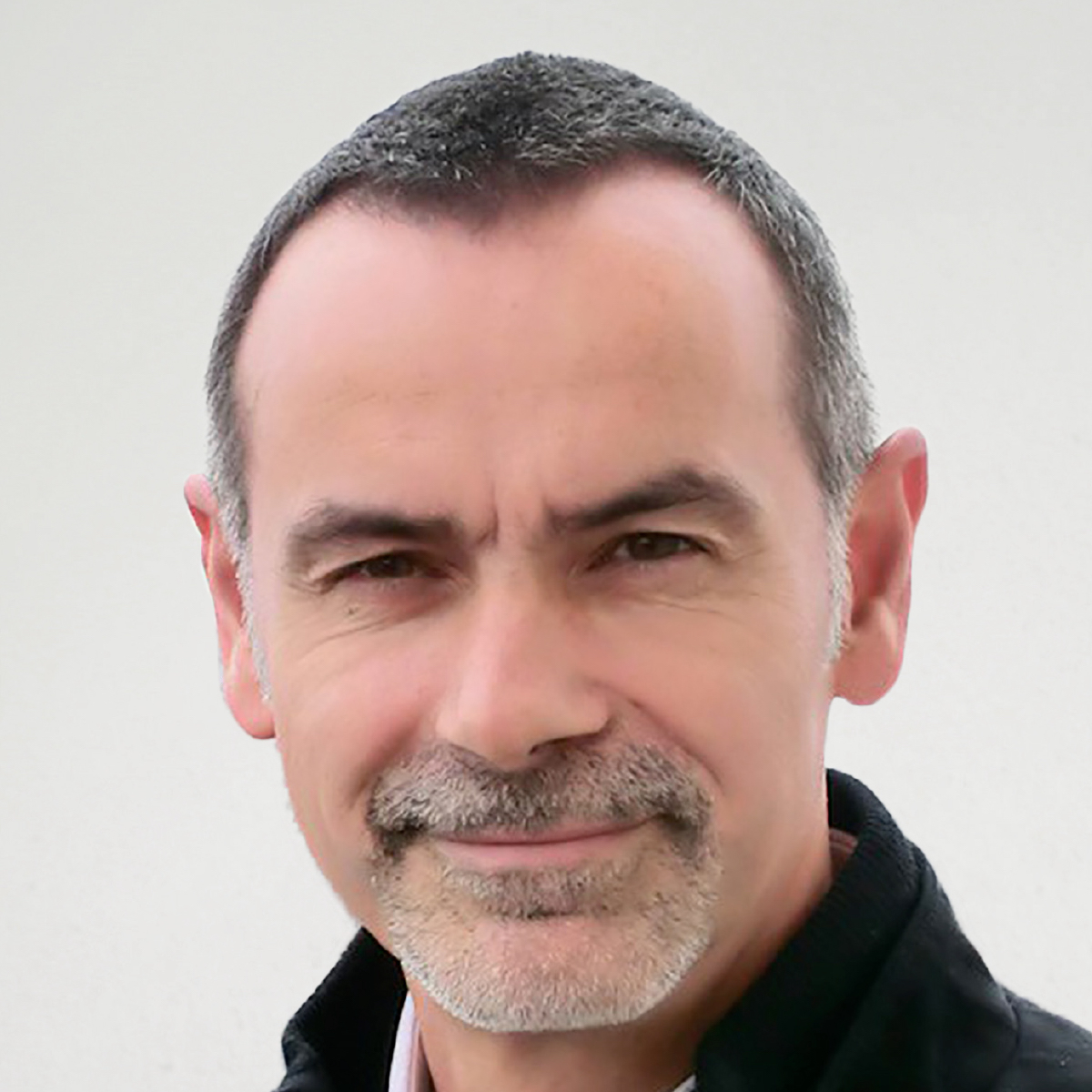
Fredrik Schwenk
*20 October 1960
Fredrik Schwenk is a contemporary composer whose works are characterised by a combination of traditional compositional methods with modern concepts of sound and structure. Some of the special features of his music are:
Sound differentiation
Fredrik Schwenk attaches great importance to fine tonal nuances and the targeted control of timbres. His works are often characterised by careful instrumentation and innovative playing techniques.
Structural openness
Many of his compositions feature flexible formal structures that are not strictly bound to classical forms. Instead, the music often develops processually or through motivic transformations.
Interdisciplinary references
Fredrik Schwenk's works often contain references to other art forms such as literature, visual art or philosophy. This gives them a multi-layered dimension in terms of content.
Spatial and sonic staging
His works experiment with spatial sound and the positioning of sound sources to create an immersive listening experience.
New playing techniques and extended instrumentation
Fredrik Schwenk uses extended playing techniques to expand the tonal spectrum of traditional instruments. This creates unusual sounds and textures.
Engagement with historical music
Despite his modern sound language, he engages intensively with older musical structures and integrates them into his works in new ways.
Fredrik Schwenk is considered one of the most innovative contemporary composers in Germany. His musical work is characterised by a unique synthesis of traditional elements and modern compositional techniques. He uses a finely tuned sound design that allows him to unite different tonal levels and thus create a multi-layered listening experience. In doing so, he deliberately blurs the boundaries between different art forms: literary and visual arts as well as musical forms of expression find their way into his works time and again, turning his compositions into interdisciplinary projects.
His structural approach is characterised by experimental, often process-oriented formal concepts that challenge traditional compositional structures. Fredrik Schwenk's music is to be understood not only as a purely sonic exploration, but also as an intellectual examination of the compositional process itself.
One particularly interesting aspect of his work is the targeted integration of traditional instruments such as the zither and the dulcimer. By using these instruments, he succeeds in embedding time-honoured sounds in a modern context, thus building a bridge between cultural roots and contemporary aesthetics. These works enrich his repertoire with additional tonal diversity and emphasise his experimental yet tradition-conscious approach.
To summarise, Fredrik Schwenk stands for music that is both innovative and deeply rooted in cultural traditions - an exciting interplay of analytical precision, creative shaping and a special sensitivity for tonal nuances.
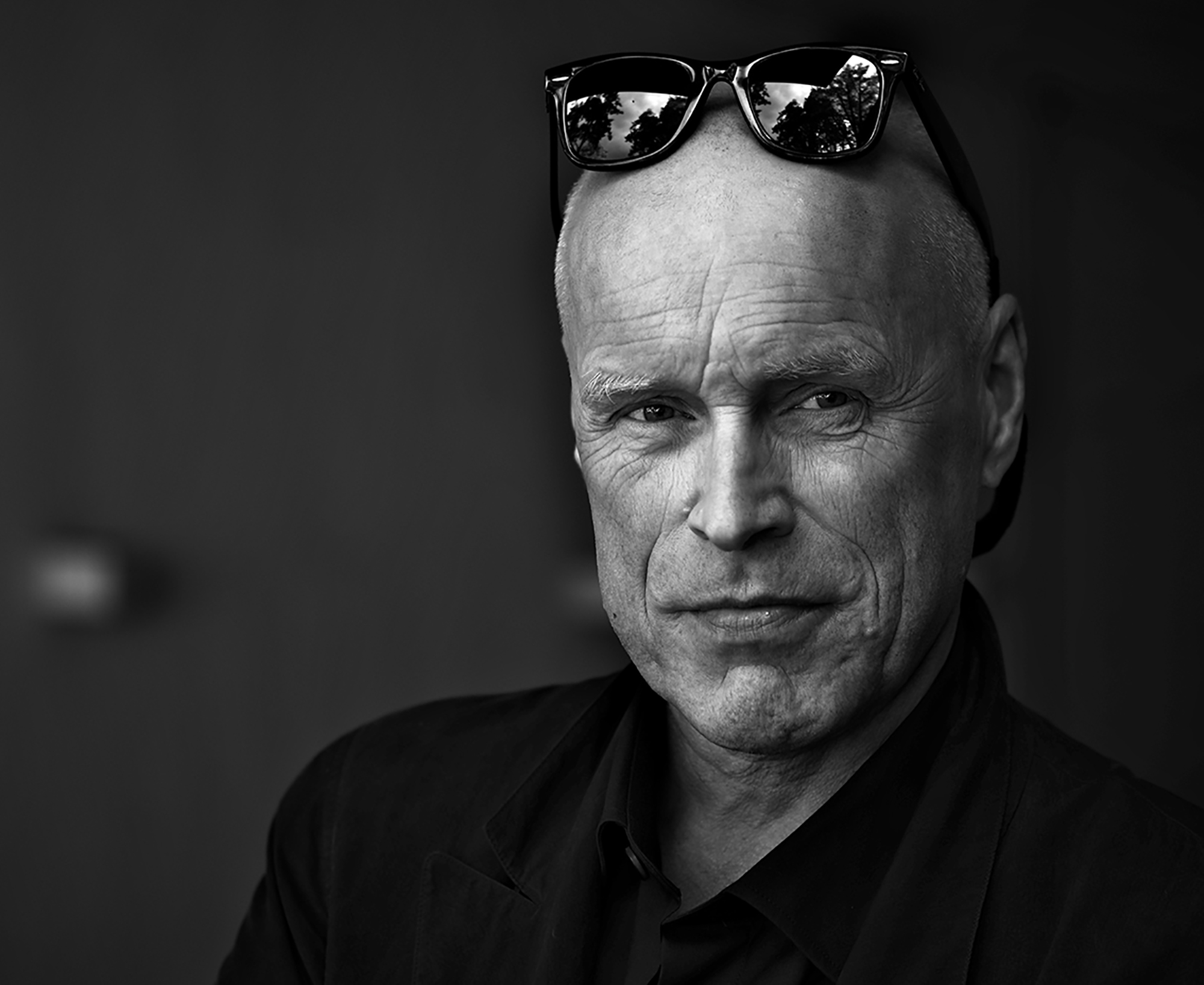
Gebhard Ullmann
*2 November 1957
Gebhard Ullmann since the 1980s has been regarded as one of the leading musical personalities on both the Berlin and international contemporary music scenes.
He released about 70 CDs as a leader/co-leader.
His large-scale woodwind/accordion project 'Tá Lam' from 1990 today is considered a milestone in genre-crossing music.
Ullmann gives master classes worldwide on the topic of improvised compositions, particularly for new music ensembles and orchestra musicians.
In 2019, for the 100th anniversary of the Bauhaus, he composed a score for László Moholy-Nagy's film 'Berliner Stilleben' for the project 'Klingende Utopien' by the BuJazzO, arranging it for big band and choir.
In 2020, he completely reworked his 1995 composition 'Hell und Bunt' for classical saxophone quartet and added microtonal elements.
The world's first microtonal piano quartet under his direction, 'mikroPULS', released its first CD in 2019.
Since the early 2000s, Ullmann has composed and published various chamber music works, including his cycle for woodwind instruments (solo), 'Impromptus und Interationen' (a 61-minute piano cycle) and compositions for violin and trumpet( solo).
Other works include the 'Kleine Symphony for Chamber Ensemble‘ for the Ensemble LUX:NM (Berlin), two string quartets and several works for large orchestra.
Among these orchestral works are his first symphony 'Symphonische Verwebungen für Orchester, Stimme, Klavier und Perkussion', his 'Orchestral Suite No. 1’ and a 21-minute orchestral version of his 'Tá Lam' cycle.
He currently composes a larger piece for orchestra entitled 'Modules for Orchestra'.
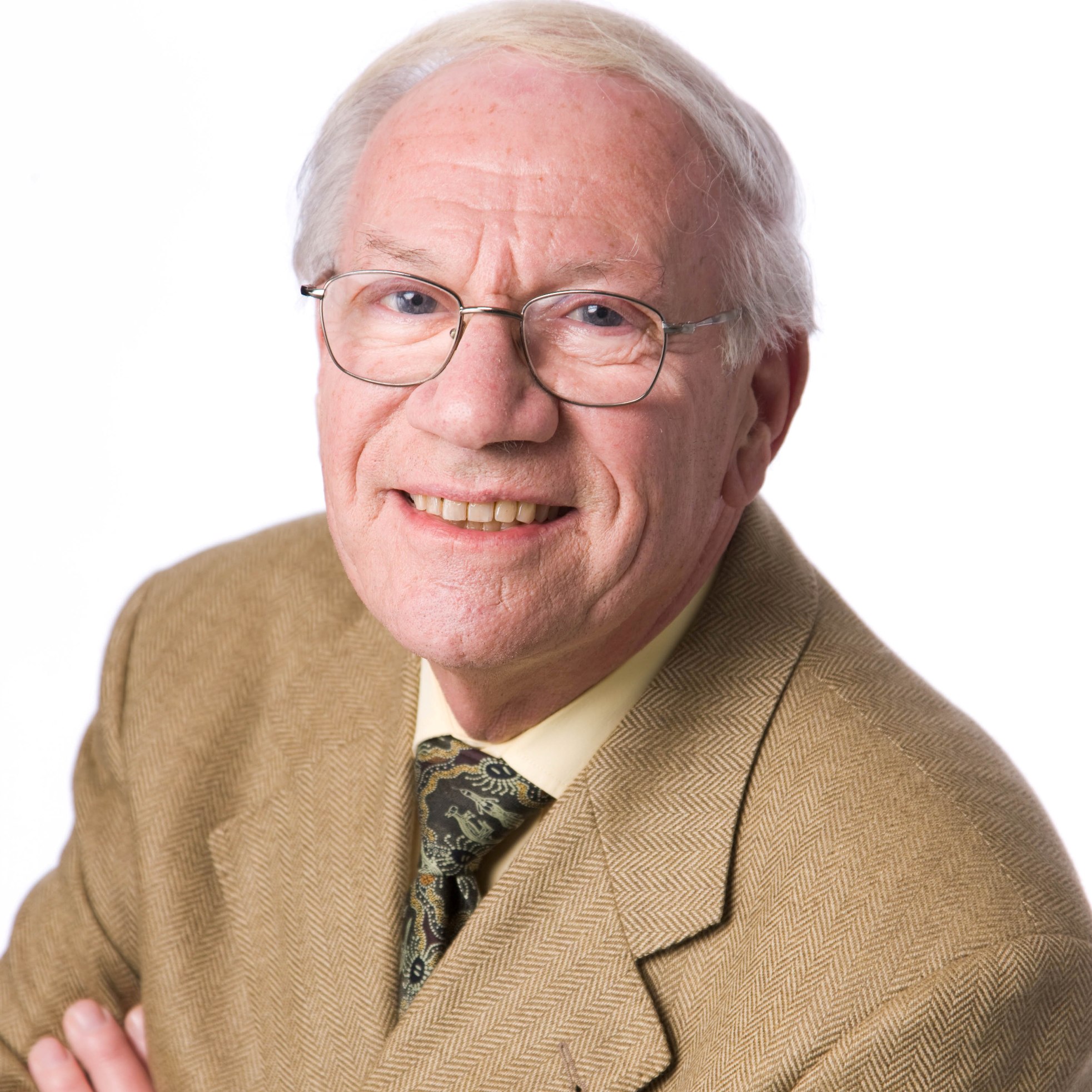
Harald Banter
*16 March 1930
Harald Banter (real name: Gerd von Wysocki) was born on March 16, 1930 in Berlin, the son of the artistic director of the Odeon Lindström record company, Georg von Wysocki. After training as a sound engineer at the Berlin radio station, he became music editor at Westdeutscher Rundfunk Köln (WDR) in 1950, where he founded the Harald Banter Ensemble in 1951, which later became the WDR Media Band. In 1956 he played the first jazz concert with Albert Mangelsdorff in the Gürzenich in Cologne. Together with the Modern Jazz Quartet he performed the twelve-tone composition Twelve by Eleven by Gunther Schuller. For the ballet Marathona di danza by Hans Werner Henze for symphony orchestra and jazz band, Banter wrote the jazz parts in collaboration with Henze. As a composer, arranger and conductor he also worked with Hermann Scherchen and Bernd Alois Zimmermann during these years. Banter wrote numerous film scores for television.
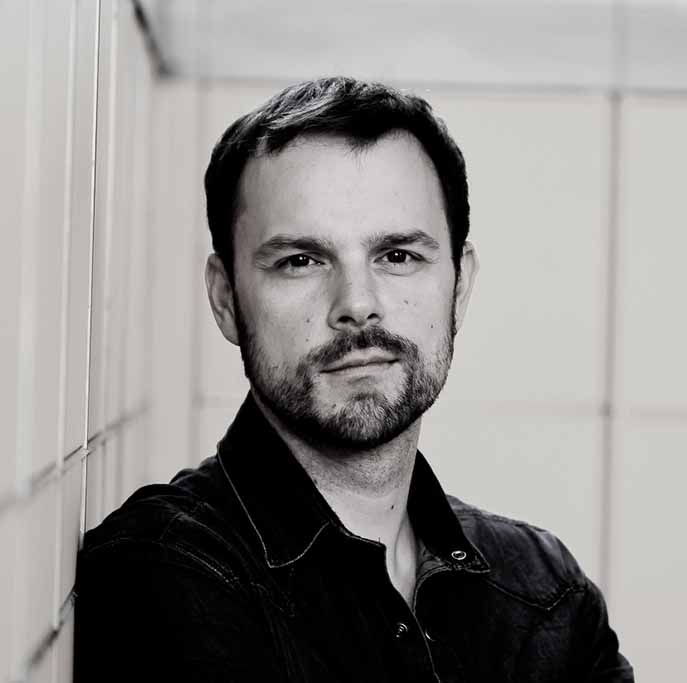
Manuel Hilleke
*6 January 1978
Manuel Hilleke is a freelance trumpeter, band leader, arranger and composer (including for TV/Film) based in Mainz. He teaches Jazz trumpet and leads band-coaching courses at the Peter Cornelius Conservatory in Mainz. Hilleke also leads workshops in ensemble work, arranging and band coaching at various music schools and universities. His specialisations are in composition and arranging contemporary brass music. Manuel Hilleke is the artistic head of the Marshall Cooper band.
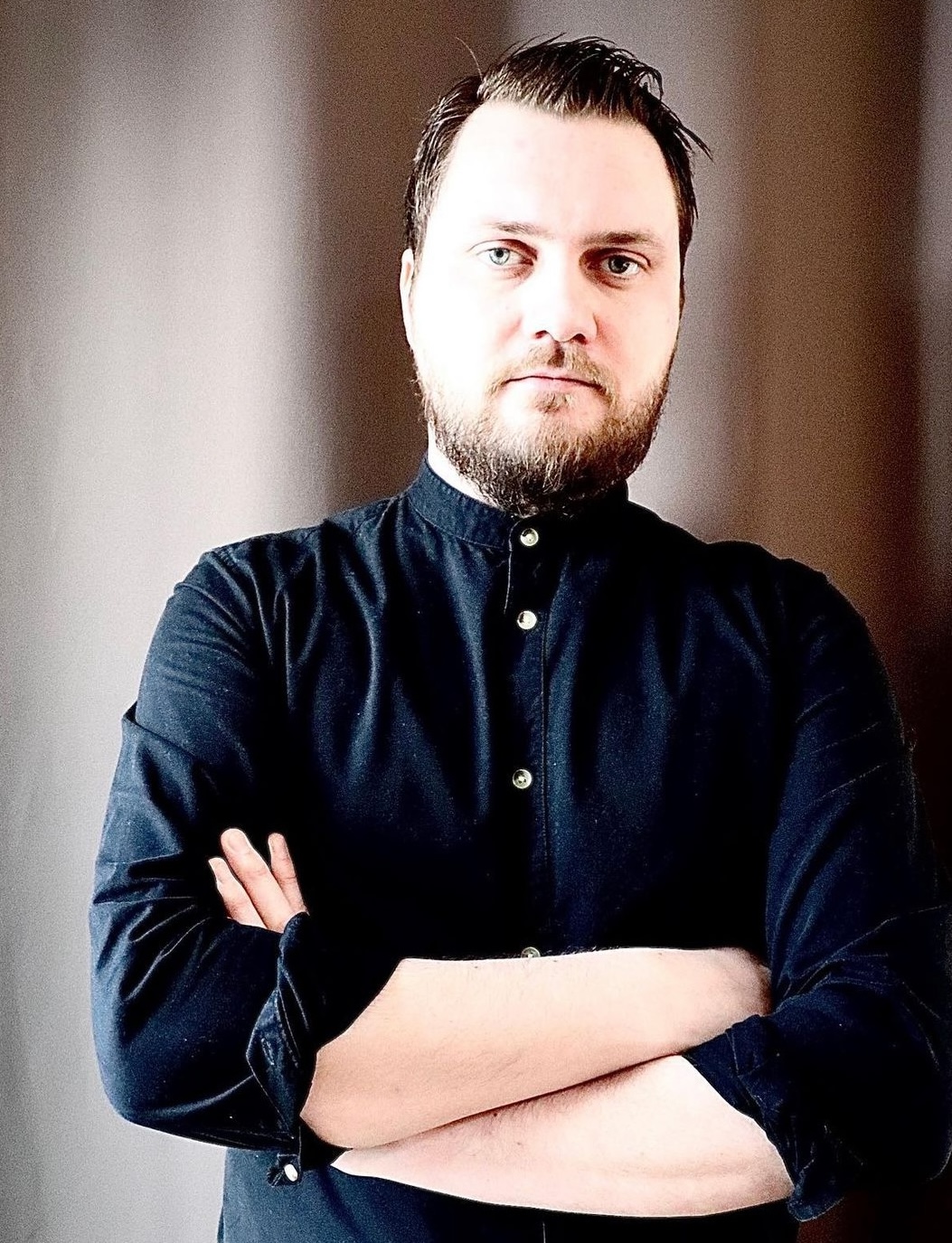
Maxim Senkov
*27 February 1989
Born in 1989 in the small Russian town of Nyagan, Maxim emigrated to Germany in 2011. From 2011 to 2019, he studied clarinet at the University of Music and Theatre Rostock, where he earned his Bachelor's, Master's, and Konzertexamen degrees. Since 2014, Maxim has been composing various pieces for piano and clarinet, which have been performed in various concerts in Mecklenburg-Vorpommern, in the renowned Baroque Hall of Rostock, as well as in Brandenburg and Berlin. Since 2024, he has been a member of the German Composers' Association.
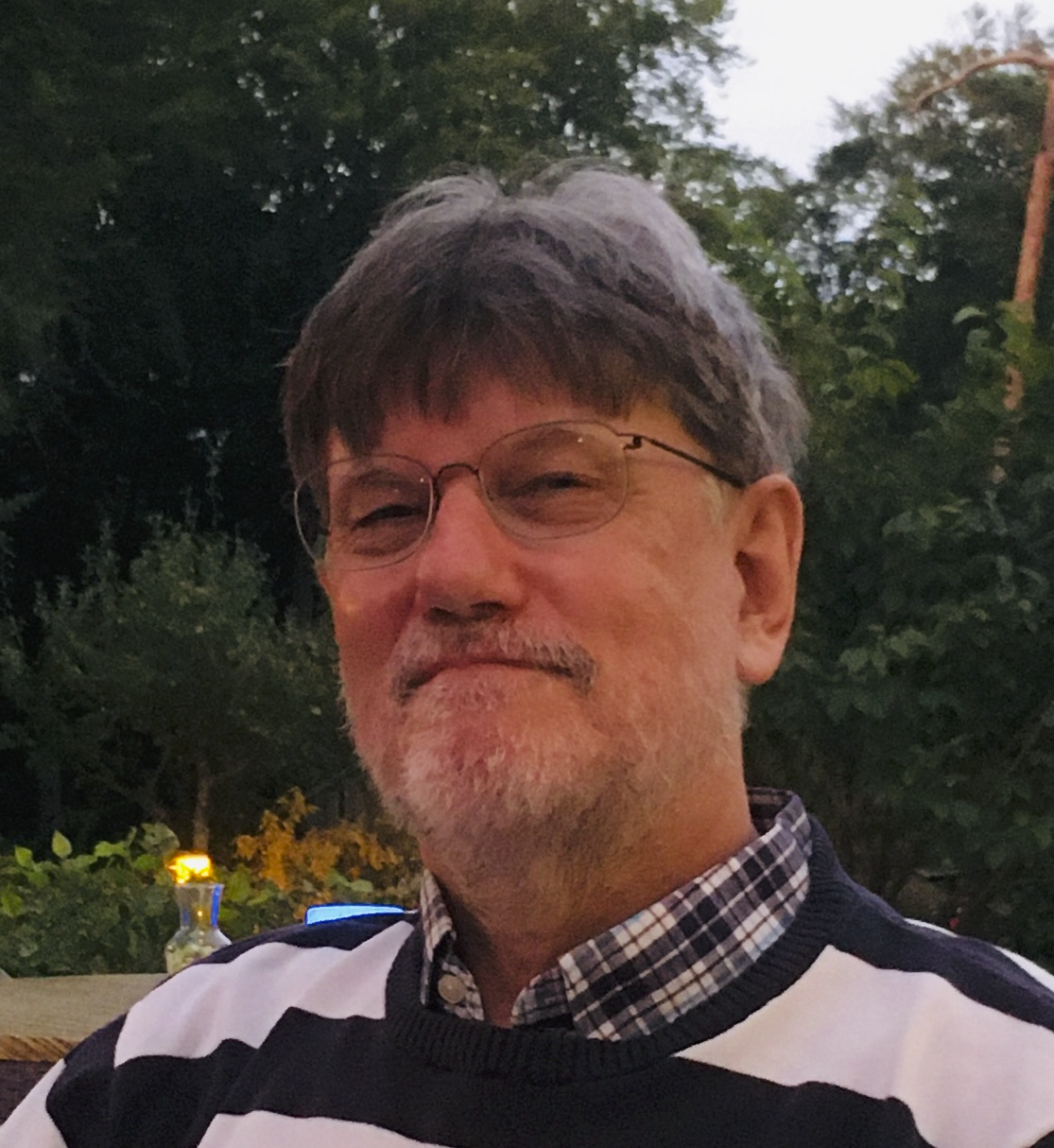
Rainer Stegmann
*27 August 1957
Rainer Stegmann, born in Mainflingen (today Mainhausen) near Aschaffenburg, is a classical guitarist, composer and music educator.
He studied in Frankfurt am Main at the Musikhochschule and at Dr. Hoch's Conservatory.
Rainer Stegmann has been performing concerts since his studies both as a soloist and in various chamber music compositions and with orchestra.
His musical focus is on the field of contemporary music. Rainer Stegmann has performed numerous rarely heard contemporary chamber music and solo works for guitar. His CDs ´Soundscapes I, II and III`, published by the classical label GENUIN, received excellent reviews and established Rainer Stegmann as an internationally respected interpreter of contemporary music.
Rainer Stegmann has been active in composition since his youth. As a guitarist in a jazz rock band, he first wrote pieces for this line-up. At the Frankfurt University of Music, he studied with Prof. Jürgen Blume. After that, he continued his self-taught education, but also in courses, e.g. with Leo Brouwer.
In his compositions he often combines different musical styles. He loves the strict classical forms as well as the free, quasi improvised of contemporary music, but also rock and jazz. The music of Toru Takemitsu had a special influence on him. His oeuvre includes solo, chamber music and orchestral works.
In 2023, his composition Strange Bird Singing in the Night for alto flute won the Call for Scores competition of the international UNICUM festival in Ljubljana, Slovenia.
Also in 2023, his orchestral composition Après la guerre won the Laureate Gala Award of the Progressive Musicians, New York. Premiere on the 4th April 2024 at Carnegie Hall, New York.
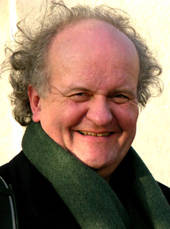
Wolfgang Rihm
*13 March 1952
†27 July 2024
Wolfgang Rihm was born on 13 March 1952 in Karlsruhe, a city near the French and Swiss borders, at a stone’s throw from Strasbourg and Basel, two of the many places where he and his music were at home. He lived there to this death in a spacious apartment not only full of books and scores – those one takes for granted – but also of paintings by contemporary artists, mainly by Kurt Kocherscheidt, the Austrian painter with whom Rihm was befriended and to whom he has dedicated a number of works.
Rihm was a composer, professor of composition at the Music Academy of his native city (Vykintas Baltakas and Jörg Widmann count amongst his many students there), a remarkable writer on music with several books to his name, including collections of his articles and interviews. He also chaired a number of influential committees in Germany and had a say in decisions affecting the working conditions of his fellow musicians.
No doubt about it: Wolfgang Rihm was a unique phenomenon: larger than life. His knowledge of music (the art and craft of composition as well as that of music history, spanning from ancient times up to the present day) was vast. He also, however, seemed to know everything worth knowing about literature, painting, architecture and philosophy, which he freely drew on as sources of inspiration. The numerous texts he has set to music indicate the breadth of his culture: from Homer to Hölderlin and Goethe to Rilke, Botho Strauss and Durs Grünbein.
The world he has created with his compositions, which number at over 500 pieces, is a veritable universe. As such, it cannot be pidgeonholed. To paraphrase the title of a well-known British film on Thomas More, he was a composer for all seasons. Rihm has written 'new music' as it is commonly called and some of his titles have become signposts in the history of post-war music. Soloists, chamber groups and orchestras programme these pieces as a matter of course now, they have become an integral part of the repertoire (Jagden und Formen, Chiffre-cycle, Pol -Kolchis -Nucleus). Of similar significance are the compositions which take their cue, as it were, from music of past centuries: oratorios with Johann Sebastian Bach as a point of reference (Deus Passus), orchestral pieces of Brahmsian sound and gesture (Ernster Gesang, Nähe fern 1-4), chamber music in the wake of Robert Schumann (Fremde Szenen).
Already at the age of 25, he composed a chamber opera (Jakob Lenz) that has since proved itself as possibly the most often produced piece of contemporary music theatre in Germany. Jakob Lenz has been followed by a series of large-scale operas (Die Hamletmaschine, Die Eroberung von Mexico, Das Gehege, Dionysos).
Wolfgang Rihm was one of the frontrunning song composers of our times; his string quartets, for instance, often being presented in cycles by a wide range of groups.
Rihm was a composer who put a giant question-mark over his doing. Each new work was an answer to the question raised by the previous piece; each new work posed questions which he would seek a reply to in the composition to be written next. Thus, work cycles emerged, work families that formed a web with other cycles and individual pieces. Everything was in permanent growth, work never stopped, new compositions were produced, brought into intriguing relationships with other works, revised and supplemented.
Rihm has also proven himself a remarkable draughtsman; his poem on the trumpet concerto Marsyas, proves, once more, that Wolfgang Rihm was, indeed, a force to consider.
Until his desath on 27 July 2024 Wolfgang Rihm was involved in the planning of the Lucerne festival as Artistic Director of the Academy, he is one of the most performed contemporary composers in Europe.
1952 – Born March 13th in Karlsruhe, south-west Germany
1963 – First compositions
1968-1972 – Secondary School (Humanistisches Gymnasium); simultaneously studies in composition at the Karlsruhe Music Academy (Eugen Werner Velte);
further composition studies with Wolfgang Fortner and Humphrey Searle
1970 – Attends the Darmstadt Summer Courses for the first time
1972 – Completes secondary school studies, diploma in composition, Karlsruhe Music Academy
1972/1973 – Composition studies with Karlheinz Stockhausen in Cologne
1973-1976 – Composition studies with Klaus Huber and musicological studies with Hans Heinrich Eggebrecht in Freiburg
1973-1978 – Teaches at the Karlsruhe Music Academy
1974 – Awarded the City of Stuttgart Prize
1975 – Awarded the City of Mannheim Prize
1976 – Faust und Yorick - chamber opera No 1 (Jean Tardieu/Frithjof Haas)
1977/1978 – Jakob Lenz - chamber opera No 2 (Georg Büchner/Michael Frühling)
1978 – Awarded Berlin Art Prize Fellowship; Kranichstein Music Prize Darmstadt;
Reinhold-Schneider Prize Freiburg
since 1978 – Lecturer at the Darmstadt Summer Courses
1979 – Receives Fellowship Award of the City of Hamburg
1979/1980 – German Art Academy Fellowship at the Villa Massimo in Rome
1981 – Awarded the City of Bonn Beethoven Prize. Teaches at the Munich Music Academy
since 1982 – Presidium member, German Association of Composers
1983 – Fellowship at the Cité des Arts in Paris
1983/1986 – Die Hamletmaschine, opera, (Heiner Müller/Rihm)
1984/1985 – Fellow of the Berlin Science Institute, Presidium member, German Music Council
1984-1989 – Co-editor of the music journal Melos
1984-1989 – Musical advisor, Deutsche Oper Berlin
since 1985 – Professor for composition at the Karlsruhe Music Academy (successor of Professor Velte).
Member of the advisory council of the Heinrich Strobel Institute, South-West German Radio Baden-Baden
1986 – Awarded the Rolf Liebermann Prize for the opera Hamletmaschine
1986/87 – Oedipus, opera, (text by Rihm after Sophokles, Hölderlin, Nietzsche, H. Müller)
1987/91 – Die Eroberung von Mexico (The Conquest of Mexico), opera, (Antonin Artaud/Rihm)
since 1989 – Member of the Board of Directors, GEMA
1989 – Awarded German Distinguished Service Cross
1990–93 – Musical advisor to the Centre for Art and Media Technologies in Karlsruhe (ZKM)
1991 – Guest speaker at the opening ceremony of the Salzburg Festival.
Member, Academy of the Arts in the cities of Munich, Berlin and Mannheim
1994 – Séraphin, ‘an attempt at music theatre/instruments, voices...’ World première in Frankfurt;
February: Big Rihm-Portrait (35 works) at the Éclat Festival, Days for New Music, Stuttgart
1997 – Awarded the Prix de Composition Musical de la Fondation Prince Pierre de Monaco;
Composer-in-residence at the Festival Lucerne
1998 – Awarded the Jacob Burckhardt Prize of the Johann Wolfgang von Goethe Foundation;
Honorary Doctorate of Freie Universität Berlin
2000 – Awarded the Bach Prize of the City of Hamburg;
Composer-in-residence at the Salzburg Festival and the Musica Festival in Strasbourg
2001 – Royal Philharmonic Society Award for Jagden und Formen
The French Ministry of External Affairs confers the title of 'Officier dans l’Ordre des Arts et des Lettres' on Wolfgang Rihm.
2001/2002 – Large-scale celebration of the composer’s 50th birthday throughout Europe, with several festivals and concert organisations devoting series of concerts to his oeuvre. Numerous world premières.
2003 – The Ernst von Siemens Music Award goes to Wolfgang Rihm. This honour has been formally bestowed upon him on 22 May 2003 at Munich's Cuvilliéstheater.
7 November: Entry in the Golden Book of the town of Karlsruhe
2004 – 8 May: Recipient of the Medal of Merit of Baden-Württemberg/Germany
2006 – 27 October: World premiere of the opera Das Gehege (after Botho Strauss' play “Schlusschor”) at the Bavarian State Opera in Munich
2009 – 2 May: World premiere of the monodrama Proserpina at Rokoko Theatre Schwetzingen (Germany)
2010 – 27 July: World premiere of the opera Dionysos (an operatic fantasia based on texts by Friedrich Nietzsche, libretto by the composer) at the Salzburg Festival
2010 – 30 September: Awarded the Golden Lion for lifetime achievement for the Music sectors of the Biennale di Venezia
2010 – 18 November: World premiere of Lichtes Spiel for violin and small orchestra at the Avery Fisher Hall New York
2011 – Order of Merit of the Federal Republic of Germany
2011 – 15 January: World premiere of Will Sound More for ensemble at the Alte Oper, Frankfurt am Main
2011 – 03 April: World premiere of Dyade for violin and double bass at the Avery Fisher Hall New York
2011 – 22 June: World premiere of Nähe fern 1 for orchestra at the KKL Luzern
2011 – 09 July: World premiere of Eine Strasse, Lucile for soprano and orchestra at Karlsruhe
2011 – 19 October: World premiere of Nähe fern 2 for orchestra at the KKL Luzern
2011 – 25 October: World premiere of Will Sound More Again for ensemble
2011 – 29 October: World première of Der Maler träumt for baritone und ensemble
2011 – awarded the Grand Cross of the Order of Merit of the Federal Republic of Germany
2012 – 29 February: World première of Nähe fern 3 for orchestra
2012 – 13 June: World première of Nähe fern 4 for orchestra
2012 – 20 August: World premiere of „Dämmrung senkte sich von oben“ for baritone and orchestra at the KKL Luzern
2012 – receives the order Pour le Mérite for Sciences and Arts
2013 – 10 February: World premiere of Epilog for string quintet at the Eclat Festival Stuttgart
2013 – 5 April: Opening of the Wolfgang-Rihm-Forum at the University of Music in Karlsruhe
2013 – 18 April: appointed Commandeur dans l’ordre des Arts et des Lettres
2013 – 27 April: World première of Stille Feste for choir and orchestra in Stuttgart
2013 – 23 June: World premiere of A Tribute for orchestra
2013 – 20 October: World premiere of IN-SCHRIFT 2 for orchestra
2013 – 20 November: World première of Verwandlung 5 for orchestra
2013/2014 – Capell-Compositeur at the Sächsische Staatskapelle Dresden
2014 – 10 May: world première of Transitus at the Teatro alla Scala (cond. Riccardo Chailly)
2014 – 4 June: world première of Verwandlung 6 at the Philharmonie Essen
2014 – 19 August: world première of the horn concerto at the Lucerne Festival (Stefan Dohr, hn)
2014 – 25 August: world première of the Piano Concerto No. 2 at the Salzburg Festival (Tzimon Barto, pno)
2014 – 17 September: the Trio Concerto is premièred at theMusikfest Berlin (Trio Jean Paul; WDR SO Köln, cond. Jukka-Pekka Saraste)
2014 – 6 October: awarded the Grand Cross of the Order of Merit with Star of the Federal Republic of Germany
2014 – 6 November: awarded the Robert Schumann Prize for Poetry and Music 2014
2015 – 9 January: Gedicht des Malers (Poème du Peintre) is premièred by Renaud Capuçon and the Vienna Symphony under Philippe Jordan
2015 – 23 July: awarded the Honorary Medal of the Province of Salzburg
2015 – 15 October: world premiere of the Duo Concerto atCarnegie Hall (Mira Wang, vln; Jan Vogler, vc)
2016 – March: member of the Académie royale des sciences, des lettres et des beaux-arts de Belgique
summer 2016 – artistic director of the Lucerne Festival Academy; resident composer at the Fast Forward Festival
2017 – 11 January: world premiere of Reminiszenz | Triptychon und Spruch in memoriam Hans Henny Jahnn at the Elbphilharmonie opening
awarded the Preis der Europäischen Kirchenmusik 2017
30 March: world premiere of Requiem-Strophen at the Herkulessaal in Munich
2022 -- 29 July: Markus Hinterhäuser presents Rihm with the Festival ruby pin on behalf of the Salzburg Festival
2024 -- awarded the Ehrendmedaille der Stadt Karlsruhe
29 July: Wolfgang Rihm died in Ettlingen (Germany).
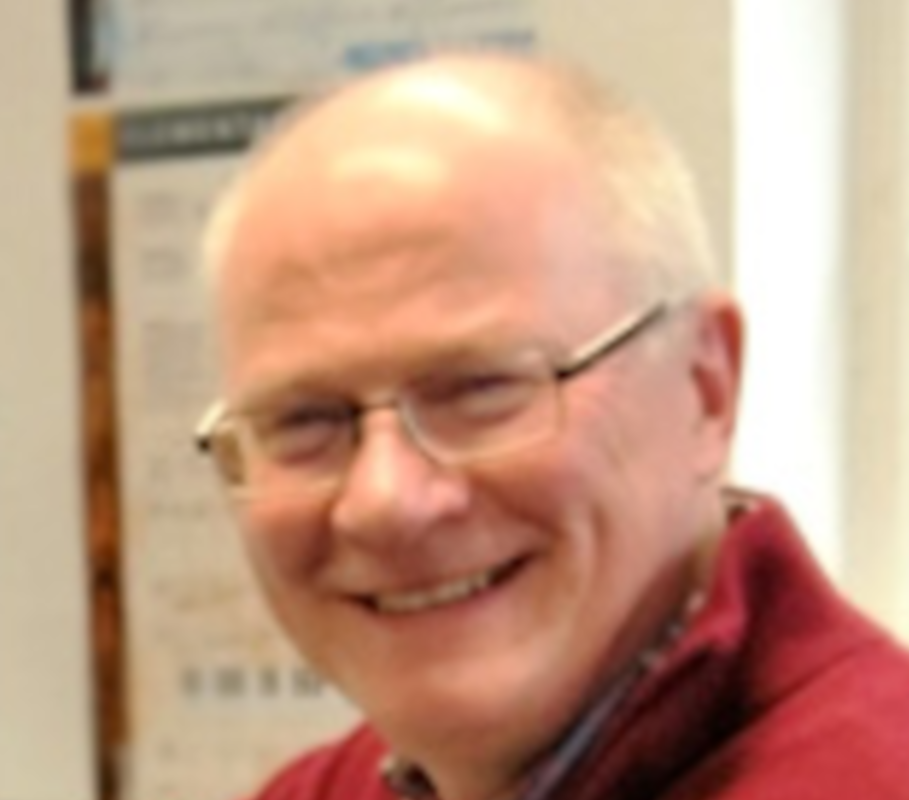
Wolfgang Wollschläger
*21 October 1957
Jazz piano studies with Manfred Schmitz at the Hochschule für Musik "Franz Liszt " in Weimar and composition studies with Wolfgang von Schweinitz and Michael Obst ibid.
-1987 to 2017 musical director of the Thuringian satirical theater "Die Arche", setting Kästner, Morgenstern and Heinz Erhardt texts to music
-1984-1991 and since 2009 lecturer at the Erfurt Music School in piano and in preparatory study for MTG, piano jazz-pop/classical, practical school piano playing, score playing, composition
-since 2010 lecturer at the Thüringer Landesmusikakademie Sondershausen
-since 2010 member of the project advisory board "Jugend komponiert" of the LMR Thuringia
-since 2023 member of the state committee "New Music" of the LMR Thuringia
-since 2023 teaching position at the University of Erfurt in the subjects of ear training and
practical piano playing
-since 2011 regular publication of my compositions in Hofmeister Verlag Leipzig, Schott Music Mainz, Strube Verlag Munich, Trekel Verlag Hamburg, Helm & Baynov Verlag Kempten, Bellmann Verlag Halle
-performances throughout Europe, USA, Canada, Japan, China, Taiwan, HongKong
-Scores in the holdings of several university libraries, including Yale University,
New York University, New York Public Library System, Royal College of Music, University of Toronto, etc.
Translated with www.DeepL.com/Translator (free version)

